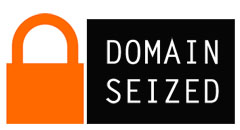-
chevron_right
Anti-Piracy Chief: Google’s Gambling Ad Liability Should Be Adopted For Piracy
news.movim.eu / TorrentFreak • 23 May, 2024 • 4 minutes
 When it comes to digital policy and efforts to regulate online behavior, no topic comes close to the scale of the global content moderation drive.
When it comes to digital policy and efforts to regulate online behavior, no topic comes close to the scale of the global content moderation drive.
Tracking carried out by Digital Policy from 2020 currently shows 593 policy changes around the world, with the closely-linked platform intermediary / user-generated content category at 497. Policy changes related to user speech, on the other hand, fade into the distance with less than 50.
Italy’s Gambling Ad Ban
Friction between what citizens believe they have a right to say, do, or see online, and what their governments believe is appropriate, is rarely a product of negotiation between the parties. By focusing on perceived societal ills, at least in the first instance, regulators are able to step in and inform citizens what’s in everyone’s best interests moving forward.
Given that online platforms are regularly seen as best placed to control user behavior, in many cases they’re required to do just that, or face retribution from various authorities as they see fit.
In Italy, it was decided that strict legislation was required to protect 3% of the population considered problem gamblers. In 2019, advertising that promoted games with cash prizes was outlawed on TV, radio, in print, on social media, and all other internet platforms. This doesn’t amount to a total ban, though; lotteries appear to be acceptable and in other cases it depends on the circumstances .
For example, it appears that in some situations, gambling companies are allowed to show their names and domain names. That has enabled 1XBET to continue its sponsorship of top-tier football league Serie A.
When an investigation found over 40 Italian players, including many in Serie A, were involved in illegal betting, that probably wasn’t the result Serie A, 1XBET, or AGCOM had in mind. In the meantime, with much less room for maneuver, tech companies haven’t been doing well at all.
Fines For Tech Company Violators
In the years since the introduction of the near-total ban, YouTube, Twitch, Google, and more recently X, have been found in breach of the rules and together fined millions of euros.
AGCOM’s first sanction against Google in October 2020, related to a breach of the regulations through Google Ads. Monitoring carried out by AGCOM over a 48-hour period in November 2019 noted the appearance of an ad for a casino, stating: ‘Join Now The Brand New Italian Online Casino. Play Over 400 Games Now – Sign Up Now & Register In Less Than 30 Seconds! No downloads. Safe and Secure.’
Since this was a paid advertisement, which only appeared because the monitoring involved typing ‘online casino’ into Google search, AGCOM obtained an injunction against Google and fined the company 100,000 euros, 50,000 for each day monitored. Not unexpectedly, Google filed an appeal.
The regional court of Lazio (TAR) subsequently ruled in Google’s favor, noting jurisprudence concerning the concept of ‘active’ and ‘passive’ online services. Italy’s transposition of the e-commerce directive into national law generally offers more protection to the latter, and since the advertiser placed the ad on an unsupervised ‘self-serve’ basis, that led the TAR to conclude that Google had committed no violations.
AGCOM Appeals the Decision
AGCOM subsequently appealed to the Council of State and earlier this month, its decision was handed down.
In respect of any defense Google may have relied upon under the e-commerce directive or its local equivalent, attention was drawn to the text shown below, which relates to an exclusion that the court determined as encompassing advertising.
Posting on LinkedIn, AGCOM chief Massimiliano Capitanio says the court noted that a defense under the e-commerce directive or local equivalent wouldn’t have applied anyway. Because, in a nutshell, Google’s advertising service can’t be considered passive.
Controlled, Active Involvement
“[T]his advertising service does not see Google as a mere passive hosting provider, since the company carries out, through entrepreneurial management, a service of indexing and promotion of third-party content and therefore does not remain ‘neutral’ with respect to said contents but promoting them on the market and having in this regard its own economic interest in the success of such promotion,” the Council of State’s decision reads.
“Google, in the aforementioned sense, therefore carries out a ‘control’ of the information published and allows its customers to ‘optimize their online sales’. In light of this, it is therefore found that the conditions required by EU and national jurisprudence are integrated in order to qualify an operator as an active hosting provider.”
“Same Line Should Be Adopted to Eradicate Piracy”
For AGCOM, which also has an anti-piracy mandate, the opportunity to tighten its grip on Google’s activities in other areas didn’t take long to come to the surface. For Capitanio, it’s all about the dividing line between passive and active; now he knows exactly where that is, the question of liability comes straight to the front of the queue.
“Control over content is achieved through a series of activities – such as filtering, organisation, cataloging, etc. defined by community and national jurisprudence as ‘interference indices’, which make hosting move from the qualification of ‘passive’ to that of ‘active hosting’ and, therefore, responsibilty for the contents conveyed,” he writes.
“This is a historic ruling which marks another point in favor of the fight against illegal content online and which confirms once again that the large online players have the duty not only not to profit from such content, but also to prevent its distribution.
“The same line should be adopted to eradicate piracy,” he concludes.
From: TF , for the latest news on copyright battles, piracy and more.


 Over the past several years, game companies have pursued legal action against both cheaters and cheat makers.
Over the past several years, game companies have pursued legal action against both cheaters and cheat makers.
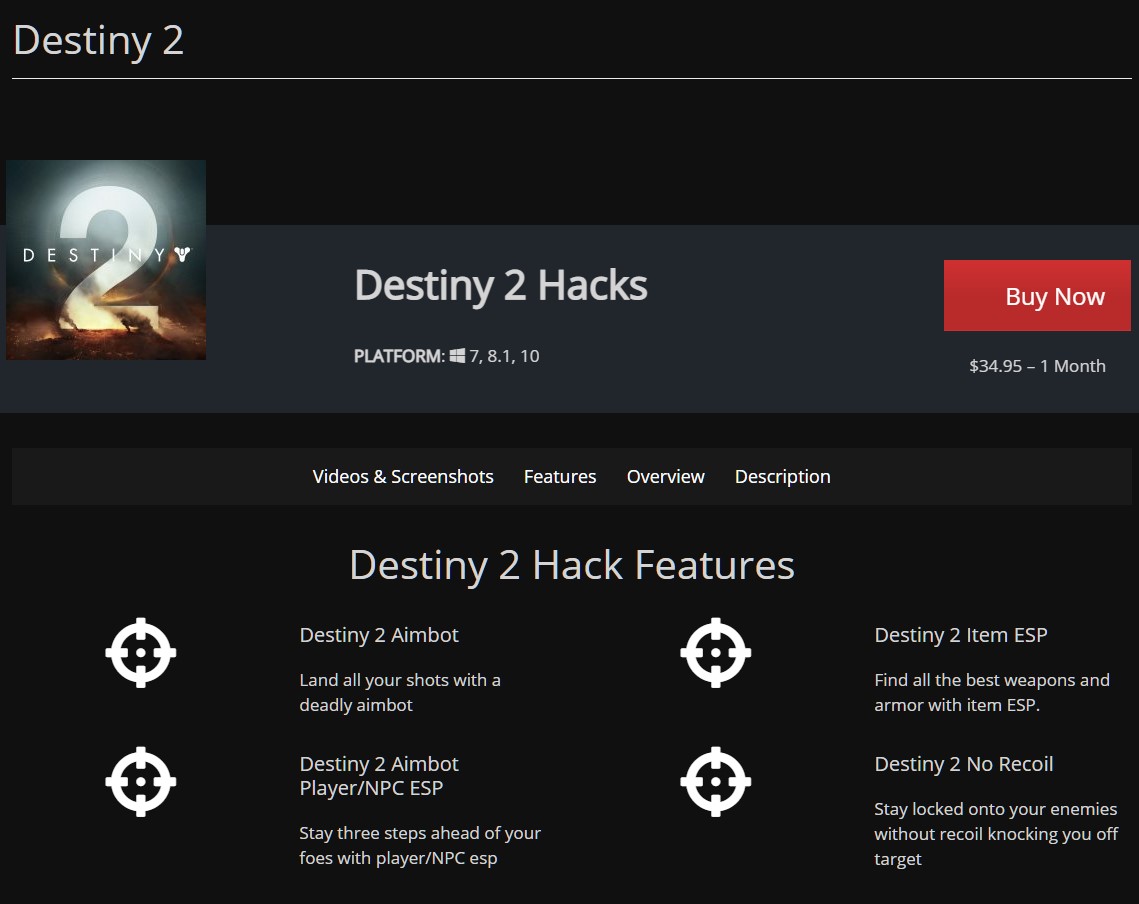



 Back in 2004, when LimeWire was the file-sharing client of choice for millions of users, FrostWire appeared as the new kid on the block.
Back in 2004, when LimeWire was the file-sharing client of choice for millions of users, FrostWire appeared as the new kid on the block.


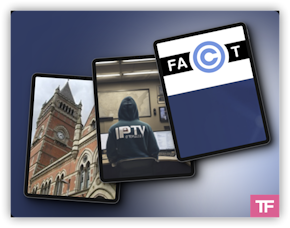




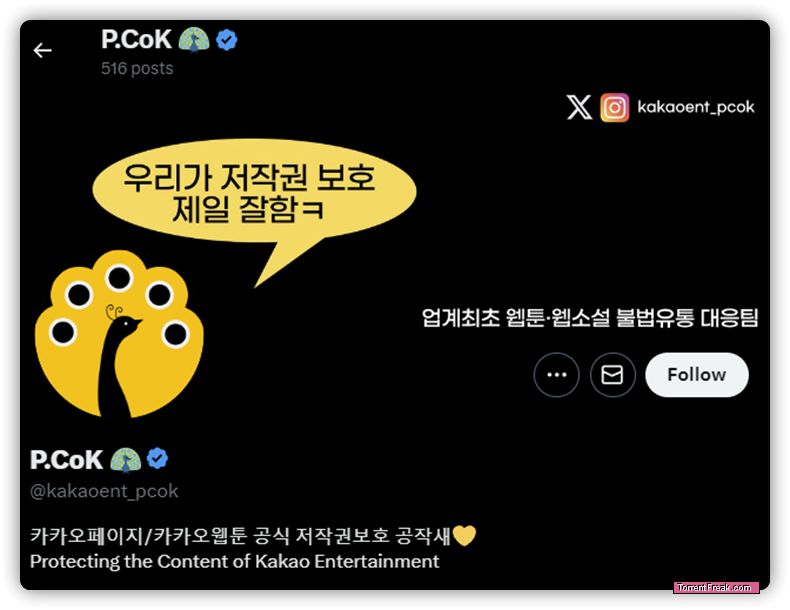



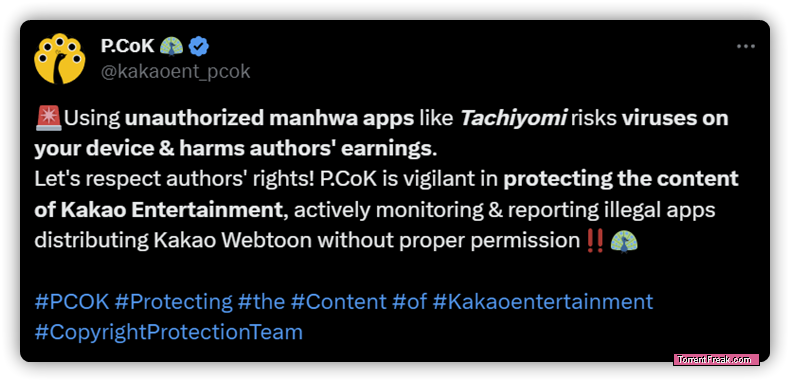
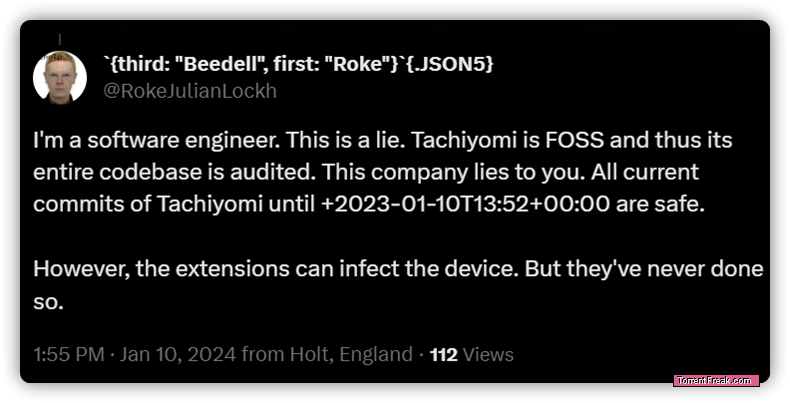
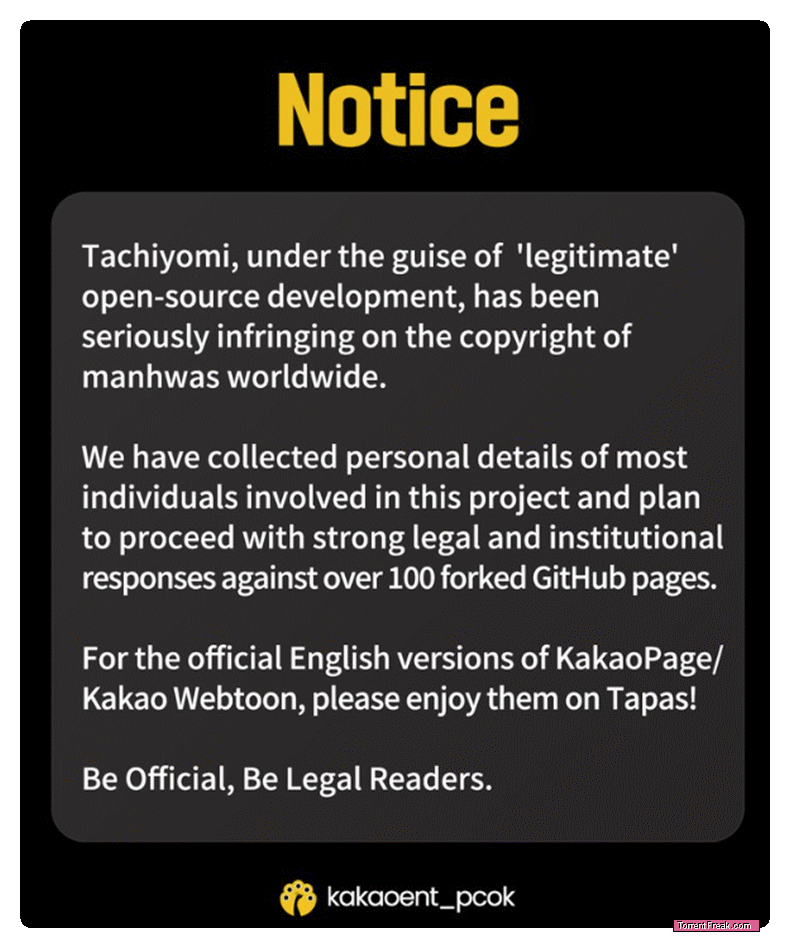
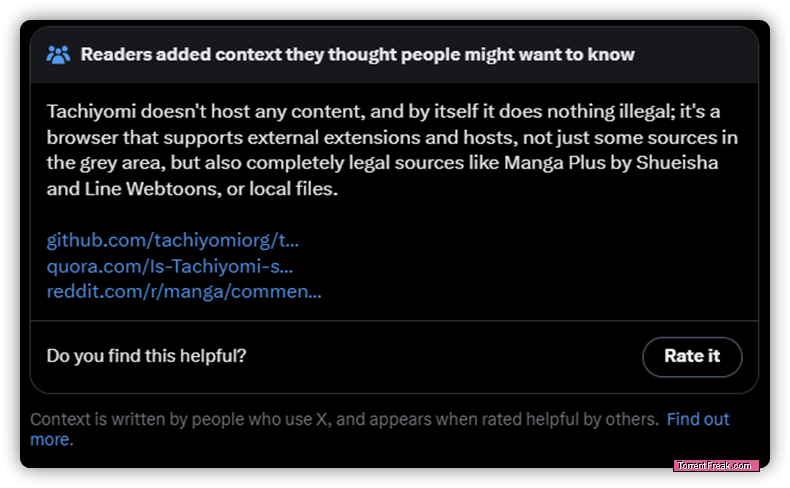
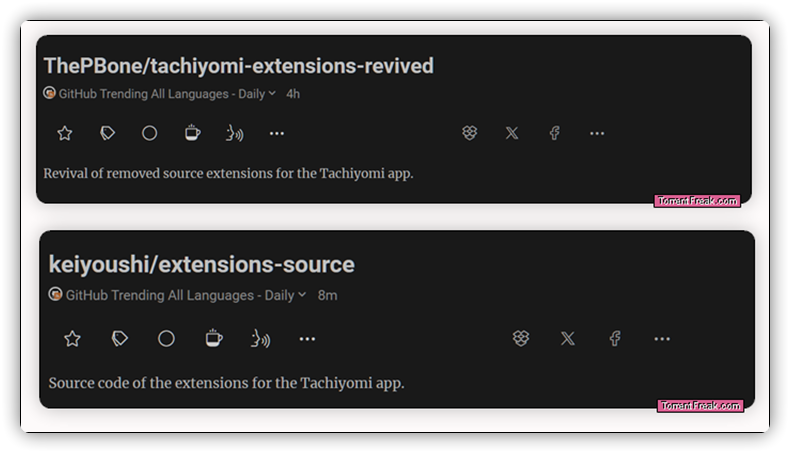
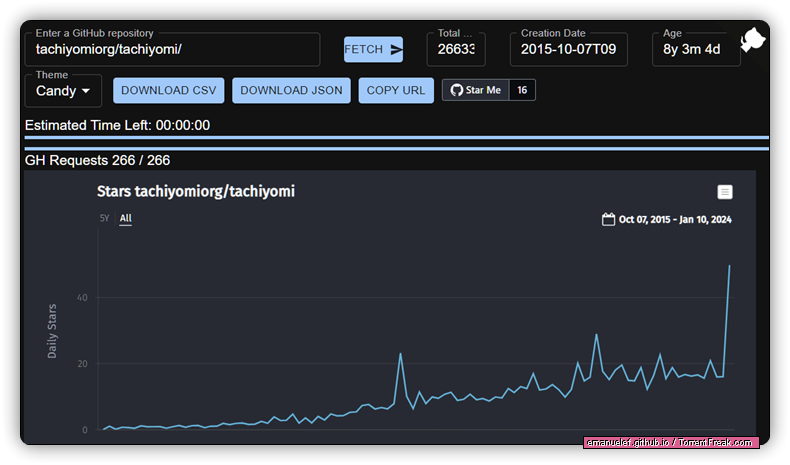
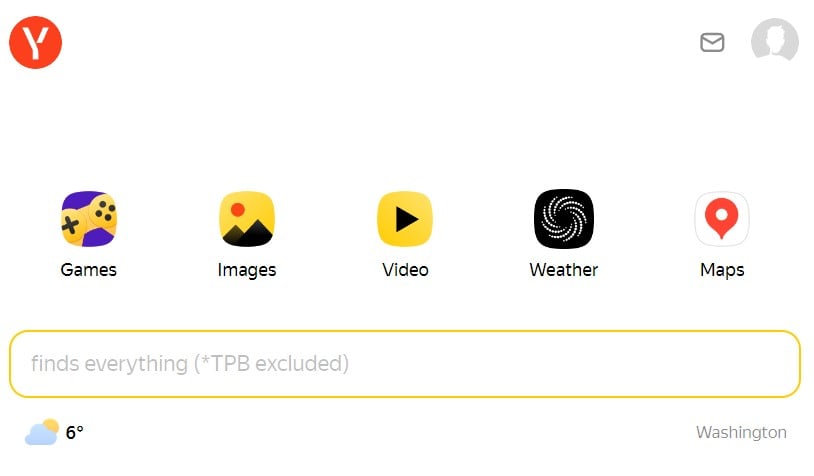 The Pirate Bay and search engines are not a happy marriage recently. On the contrary.
The Pirate Bay and search engines are not a happy marriage recently. On the contrary.


